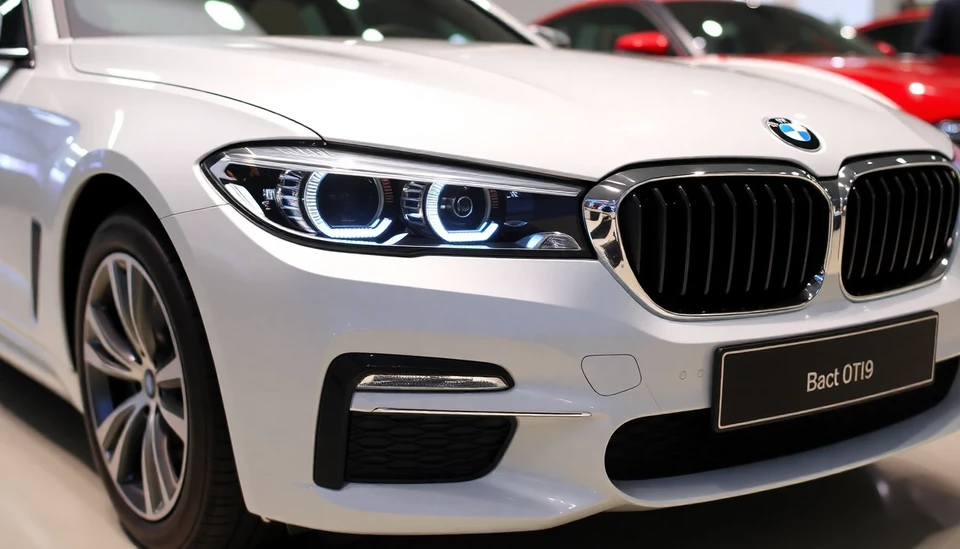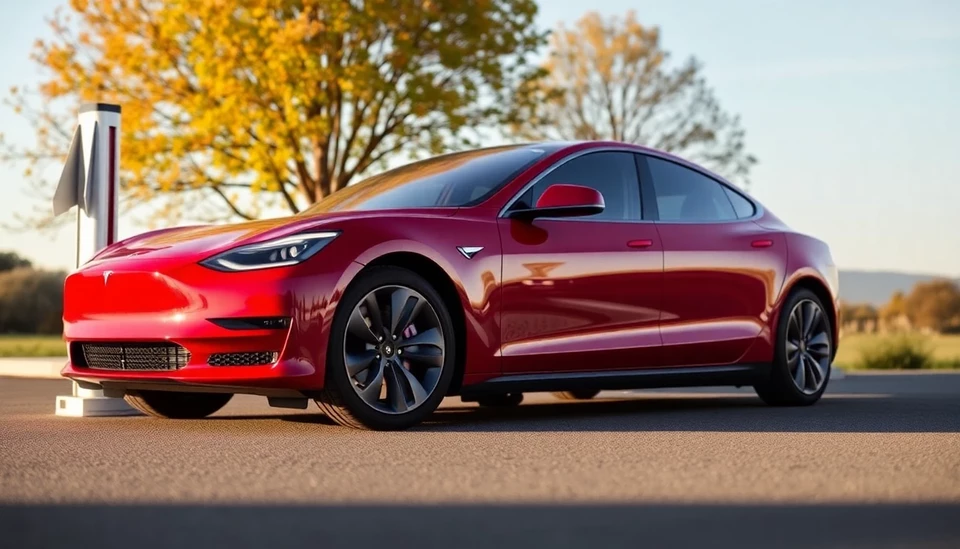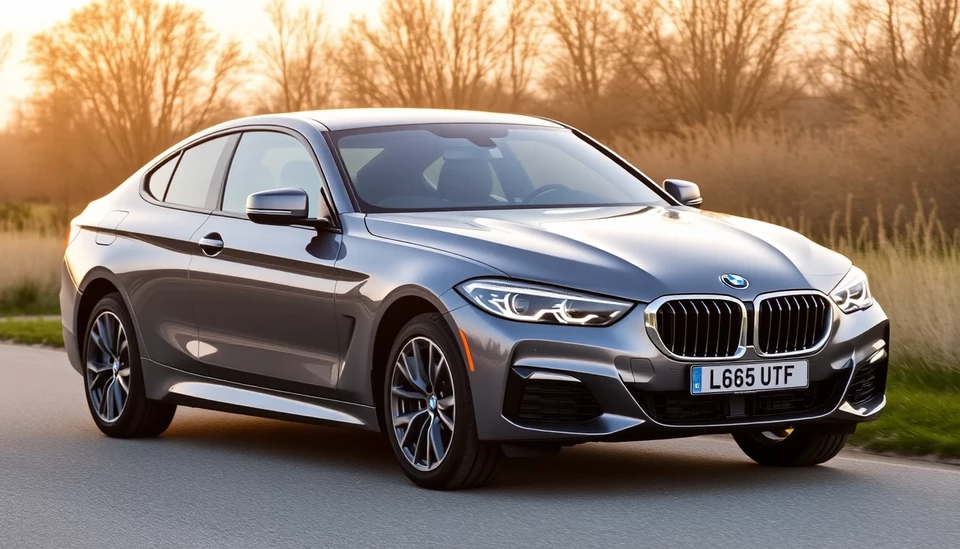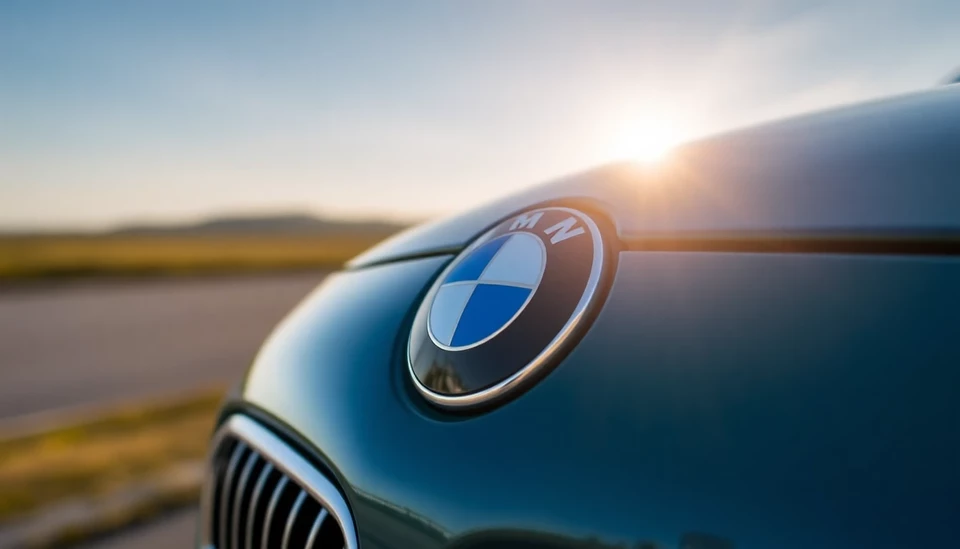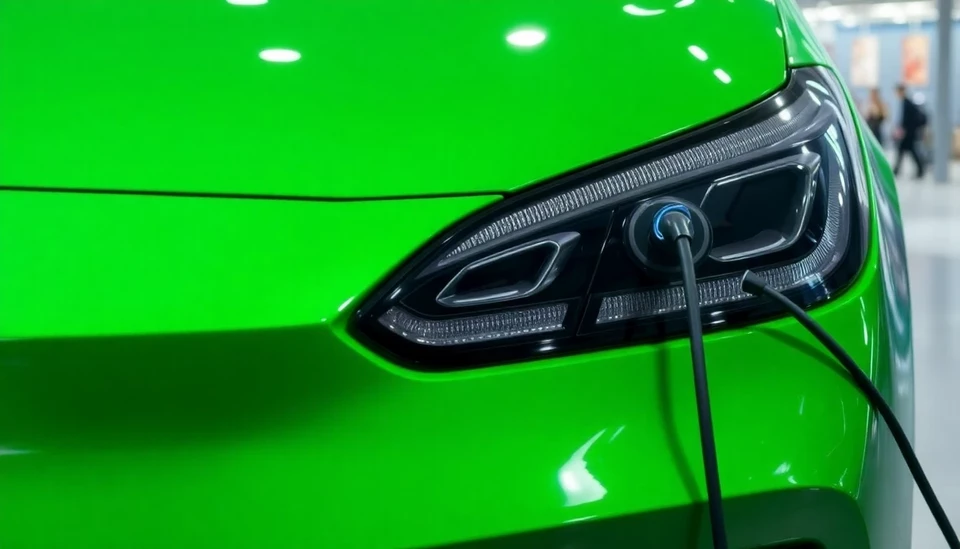
In a rapidly evolving automotive landscape, BMW, Mercedes-Benz, and Volkswagen, the trio of Germany's automotive titans, are confronting significant hurdles as they strive to establish a foothold in China's booming electric vehicle (EV) sector. This pivotal market, long heralded as the globe's leading EV hub, has presented unique challenges that are threatening the ambitions of these established brands.
In recent years, China's environmental policies and the demand for innovative technology have propelled the country to the forefront of EV production and adoption. Domestic companies like BYD and NIO have risen to prominence, offering a plethora of models that cater to the preferences of the local consumer base. This surge in competition has forced German automakers to rethink their strategies. BMW, for instance, announced that it is revamping its local offerings to better resonate with Chinese buyers and to compete effectively with the myriad of EV options presently available on the market.
Mercedes-Benz and Volkswagen are also feeling the pressure, with both companies reporting lower-than-anticipated sales figures in China this year. These setbacks have led to concentrated efforts in investment and technology development aimed at overcoming barriers such as consumer preferences, which are increasingly turning towards more localized brands that not only understand the market but also cater to the specific demands of Chinese consumers.
Additionally, economic factors are playing a critical role in these companies' strategic planning. The recent economic downturn has shifted consumer priorities, leading to increased competition among automakers, particularly in the EV segment where price sensitivity is high. These challenging market conditions have prompted BMW to reassess its pricing strategies, potentially leading to significant alterations in their product lines to ensure sustainability in the market.
Furthermore, regulatory measures imposed by the Chinese government are compelling foreign manufacturers to comply with strict guidelines to gain market access. This compliance, alongside the challenge of establishing efficient production lines, has compounded the difficulties faced by these distinguished brands in a market that prefers homegrown technology and innovation.
While BMW, Mercedes, and Volkswagen each bring strong brand recognition, the pressure to innovate and deliver unique experiences to Chinese consumers is mounting. To remain relevant, these companies must embrace agility, react swiftly to consumer insights, and recalibrate their approaches to suit the shifting landscape of the Chinese automotive market.
If they hope to reclaim a competitive edge, substantial investment in technology, local partnerships, and a deeper understanding of consumer preferences will be essential components of their strategic overhaul. The road ahead will be challenging, but it is essential for the German automotive giants to adapt swiftly in order to thrive in this dynamic environment.
As they navigate these turbulent waters, all eyes will be on how these manufacturers evolve and innovate to meet the expectations of a demanding and rapidly changing market. Their ability to successfully integrate into the fabric of the Chinese automotive sector could determine their future relevance on the global stage.
In this fierce competitive arena, the notion of 'adapt or perish' has never been more pertinent for BMW, Mercedes-Benz, and Volkswagen as they strive to establish their dominance in China’s electric vehicle landscape.
#BMW #MercedesBenz #Volkswagen #EVmarket #China #AutomotiveIndustry #Innovation #ElectricVehicles #MarketTrends #ConsumerPreferences
Author: Samuel Brooks
